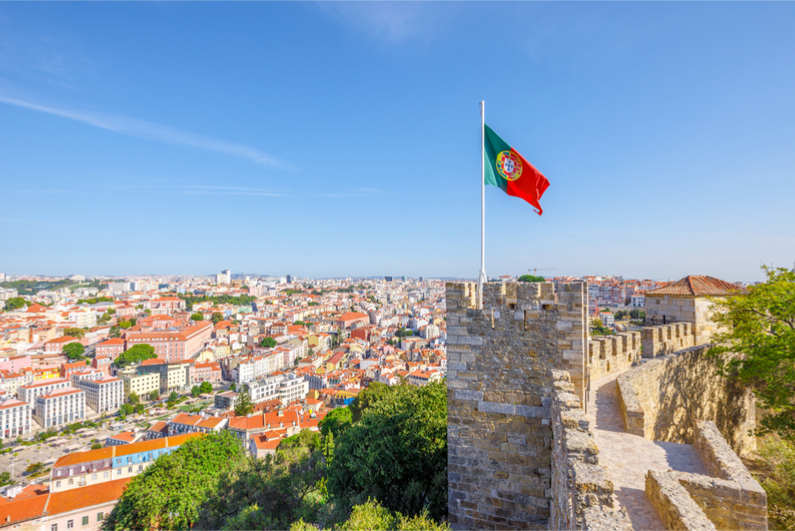Portugal has proposed a new 25% tax on online gambling revenues in the country as it looks to make significant changes to its gambling sector in order to meet budget demands.
Previously, Portugal imposed a punitive tax in place on sports betting revenue, which could now be abolished. Details of the preliminary budget have been published, and it proposes numerous sweeping changes to the gambling sector.
A new flat tax worth 25% has been proposed for all types of online gambling turnover. This will replace the previous sliding scale of 15% to 30% that was applicable to online poker and online casino turnover, as well as the 8% to 16% incremental take that was levied on online sports betting revenues.
This new flat tax rate would be charged on gross online gaming revenue. This is still a provisional proposal as changes can still be made to the proposed budget. If this rate is implemented, it will certainly be a jolt for the online gambling sector in the country.
Why the change?
The previous tax structure had been blamed for its inability to drive large volumes of online gambling trading activity to operators with the relevant Portuguese licenses.
Portugal issued its their first online license in May 2016. Since then, only seven other operators have gone on to receive licenses. In total, the eight different operators possess 13 licenses among themselves for online betting, poker and casino play.
The gambling sector as a whole in Portugal has performed well so far in 2018. The FIFA World Cup played a large role in this success, of course. In Q2 2018, the operators generated online revenue of $43.4m. Of this sum, the government received $19.6m, which is effectively a rate of 45%. This is even a smaller allocation of what the government had previously been taking.
This is, of course, an extremely high cut and stifles the operators from making further investments in their online offerings that might attract significantly higher volumes of players.
There has been talk for some time about changing the way online gambling taxes are structured. The Poertuguese gambling regulator, Serviço Regulação e Inspeção de Jogos do Turismo de Portugal (SRIJ), looked for input from stakeholders in January related to making changes.
All proposals were sent to the government by May and it appears it has listened to some of the complaints from the operators.
Gambling tax changes in Europe
Portugal is not the only European country looking at changing their gambling tax structure.
Ireland, for example, plans to double its current taxes on gambling as it looks to increase its intake. Ireland’s current tax rate for betting revenues is 1%, but will rise to 2%. This move would see approximately $57.5m more added to the state coffers each year.
The government plans to use these additional funds to provide funds for programs related to problem gambling. There is also talk of using some of these funds to help the racing industry in the country.
Horse Racing Ireland had been calling for a 2.5% tax rate. It will be interesting to see what effect this tax hike has on bookmakers in the country. Their numbers have decreased significantly from 1,300 shops 10 years ago to around 800 shops today.
Greece is also looking to double down on its gambling sector. It has brought in a raft of changes to the gambling laws, including the development of a mega-casino near Athens.
For the first time, it is issuing proper online gambling licenses to operators. These will cost $4.6m for the right to provide online sports betting, with an additional fee of $1.3m if they also wish to offer casino games. The licenses last for five years.
The Greek government is also proposing a new tax rate on gambling revenues of 35%. This is high, but there is a lot of potential in the Greek market that could make it worthwhile for most operators in the region.
As part of Spain’s 2018 fiscal budget, the tax on gross gaming revenue was lowered to 20% from 25%. This is applicable to all types of online gambling.
Spain is looking to expand its presence in the online gaming market. It hopes the tax cut will give more of an incentive to operators to invest in the region. Illegal gambling is also an issue in the country, something this tax cut also aims to tackle.




